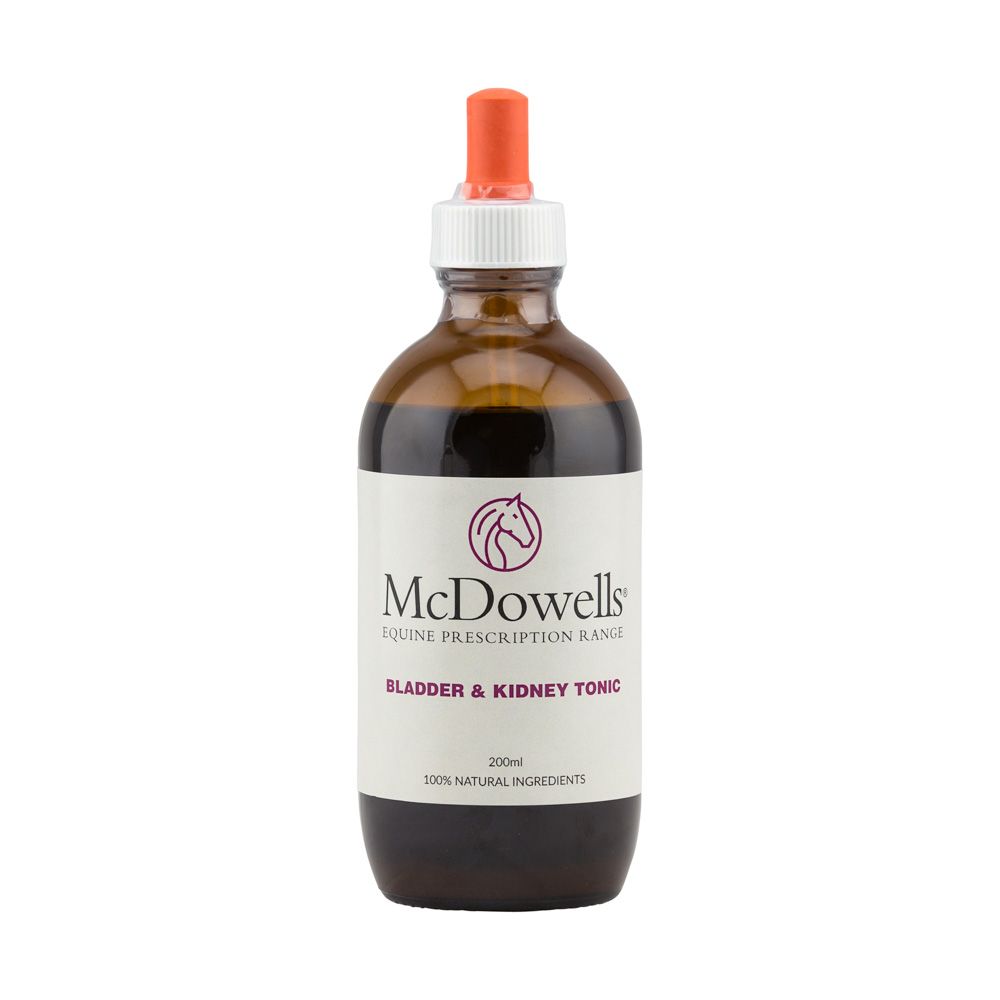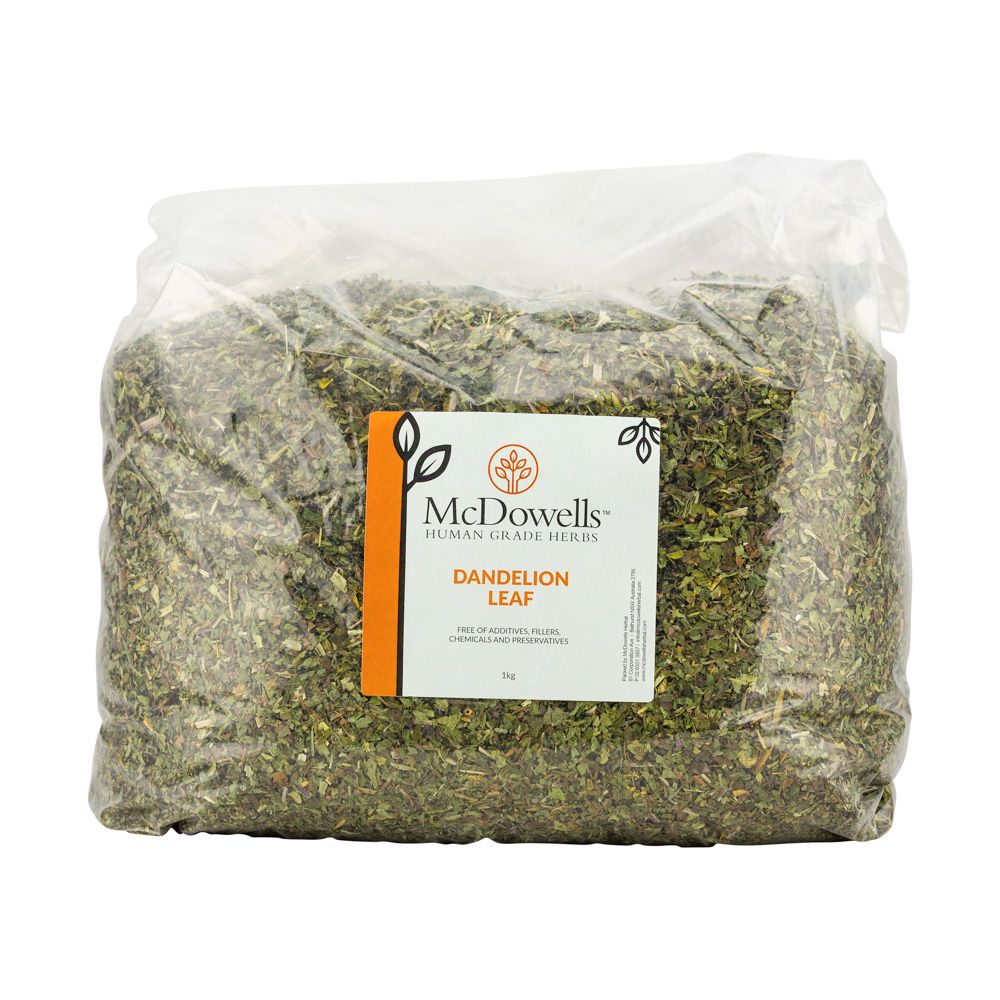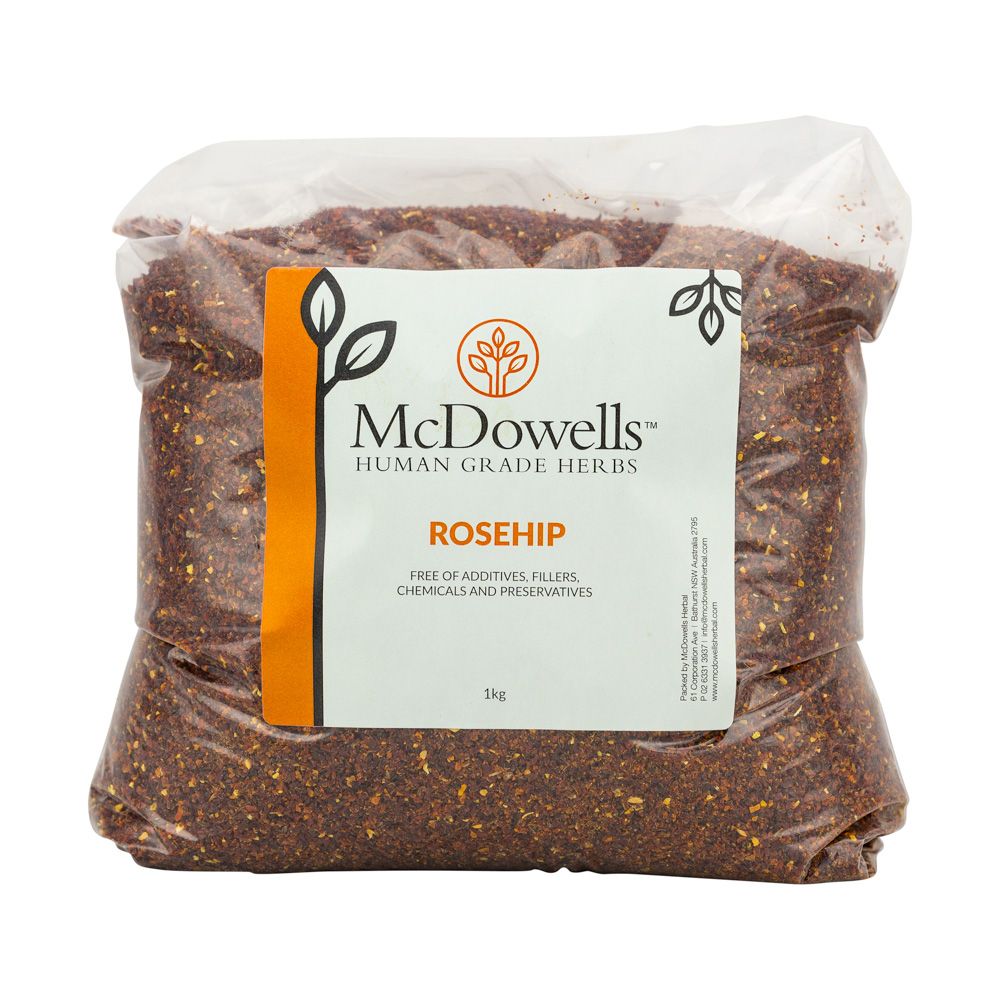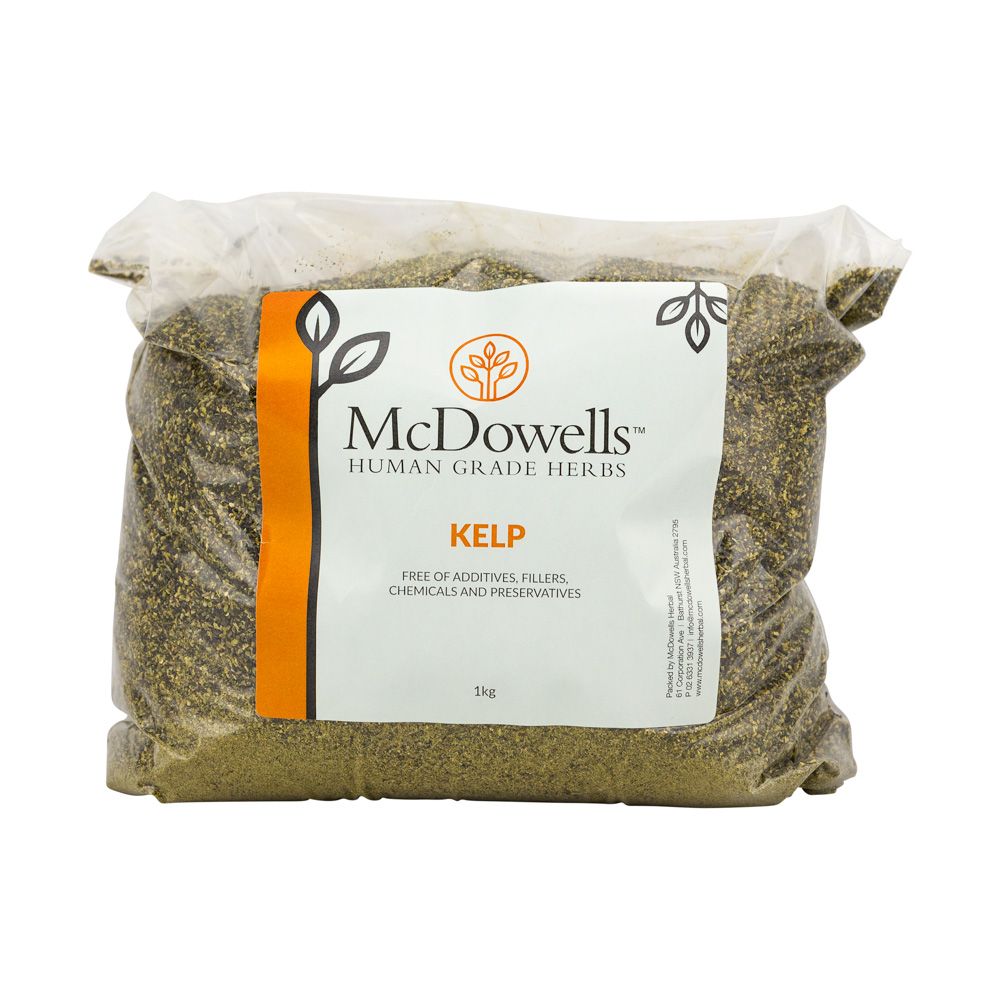'Tying-up' is a pretty good description of what happens to horses suffering this condition. They move with difficulty and look for all the world as if their hind quarters especially, are tied up with ropes and therefore are able to move only with difficulty and with pain.
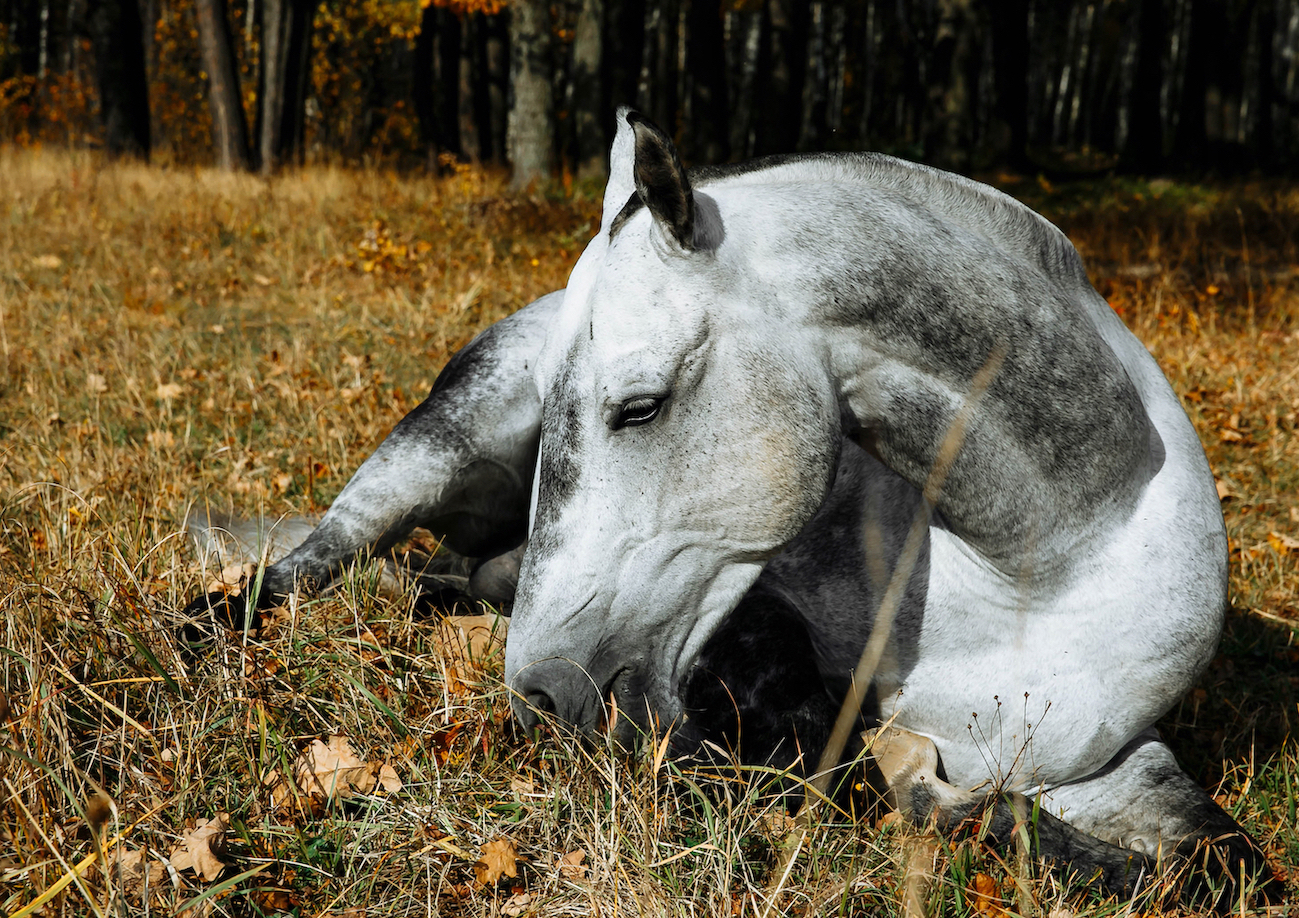
Physiologically "tying-up" is a situation where acid builds up in the muscles during work, faster than the kidneys are able to clear it out and the muscles go into spasm. Many muscles therefore end up pulling against each other and you notice the characteristic stiffness and soreness. Medically, the condition is seen as a Kidney problem and is treated using an electrolyte or diuretic.
Holistically the problem is a little more complicated and, as usual, a fuller understanding and simple precautions can prevent the problem and certainly minimize the damage done if "tying-up" does occur.
Electrolytes
Routine administration of electrolytes is not a particularly good idea. It is true that horses lose salts when they sweat. It is also true that there is quite a lot of vegetable salts in green and dried feed and so in nature, there is a balance. Since the beginning of man's domestication of the horse he has noticed that it will seek out "salt licks" Most of the rock salt deposits mined commercially were originally discovered by horses and not by men. Horses have highly refined instincts which will lead them to seek out salt WHEN THEY NEED IT!!! Modern practice of giving specified amounts of electrolytes on a daily basis is subverting this instinct and forcing salt on the animal whether it needs it or not and can never be as good letting the instincts decide when and how much salt it needs.
Provide for your horse Natural Rock Salt to lick in the stable or in the yard and let him choose for himself. While you are at it you might like to supply a source of seaweed, just dried Giant Kelp (bladderack) which you can collect after storms on the southern beaches or purchase from Vitagran who gather kelp off Tasmania. In this way, besides electrolytes, your horse will be able to self administer trace elements which are all found in the seaweed.
Daily supplements of kelp are not harmful in small quantities but unnecessary and sometimes expensive. It is far healthier, more economical and fun, to watch each individual horses instincts at work and learn for yourself about their individual requirements. You will also be alerted by changes in demand as to the emergence of possible health problems before they become serious.
Diuretics
Kidneys function largely due to a balance of what are called the Sodium and Potassium Pumps. What happens is that compounds like salt (Sodium Chloride) assist the cells in the Kidneys to draw fluid into themselves for processing. Potassium compounds work to draw fluid out of the cells and form the basis of most Diuretic medicines. "Helping" the kidneys to function by administering diuretics is a very dangerous business because large and unbalanced amounts of potassium (like that found in "Slow K") while certainly sucking fluid out of cells also damages their ability to function normally and therefore leave them weaker than before. Sea salt contains a natural balance of both sodium and potassium compounds (along with many others in harmony) and is far better than any man made product.
Certain feed substances have naturally high levels of potassium and you can feed bananas or a little extra Cider Vinegar if you are worried that your horse needs extra help.
Kidney Health
Kidney health and vitality can be restored or maintained by mixing cold rosehips Tea in drinking water, by feeding or allowing access to a little fresh dandelion regularly along with about 20ml of Apple Cider Vinegar. Recovery from serious "tying-up" problems or kidney damage can be easily supported using herbal prescriptions formulated by your Equine Herbalist.
Do not accept advice which suggests that more electrolytes, diuretics or other chemical medicines will cure the problem. They may mask the pain and other symptoms temporarily but they have no capacity to heal and restore whatsoever.
First Aid
At the first signs of "tying-up" you should stop work, administer Rescue Remedy and cool the horse down by leading it at a walk and then by hosing in the summer and in the winter by rugging to maintain body heat. When you have settled the horse down you should drench with a herbal tea made from both rosehips and dandelion with further Rescue Remedy and put the horse out in a grassy paddock so that it may forage and exercise itself gently. In the worst case you could administer "Bute" (under your Vet's supervision) for pain control in the first instance but I would recommend a herbal alternative which your herbalist can formulate for you.
Handling
While I have dealt with all the medical aspects of "tying-up" and its prevention and treatment it is also true that handling and feeding are the main reason which the modern horse suffers from this condition when the wild horse probably did not very much at all.
Before every single work session the horse should be warmed up by walking first for at least 10 minutes followed by 10 minutes of working trot. Jumping on a cold horse and asking for strenuous work immediately is stupid and insensitive. Work sessions should have intervals of slow work and walking which is best for building fitness and allowing the kidneys and the circulatory and respiratory systems to catch up.
Work sessions should always also allow for a proper cooling down. At least 10 to 15 minutes warm up and 10 minutes cooling down. Get into the habit of looking at your watch and if you can't plan sufficient time to include warm-up and cool-down, change your own schedule, not the horses.

